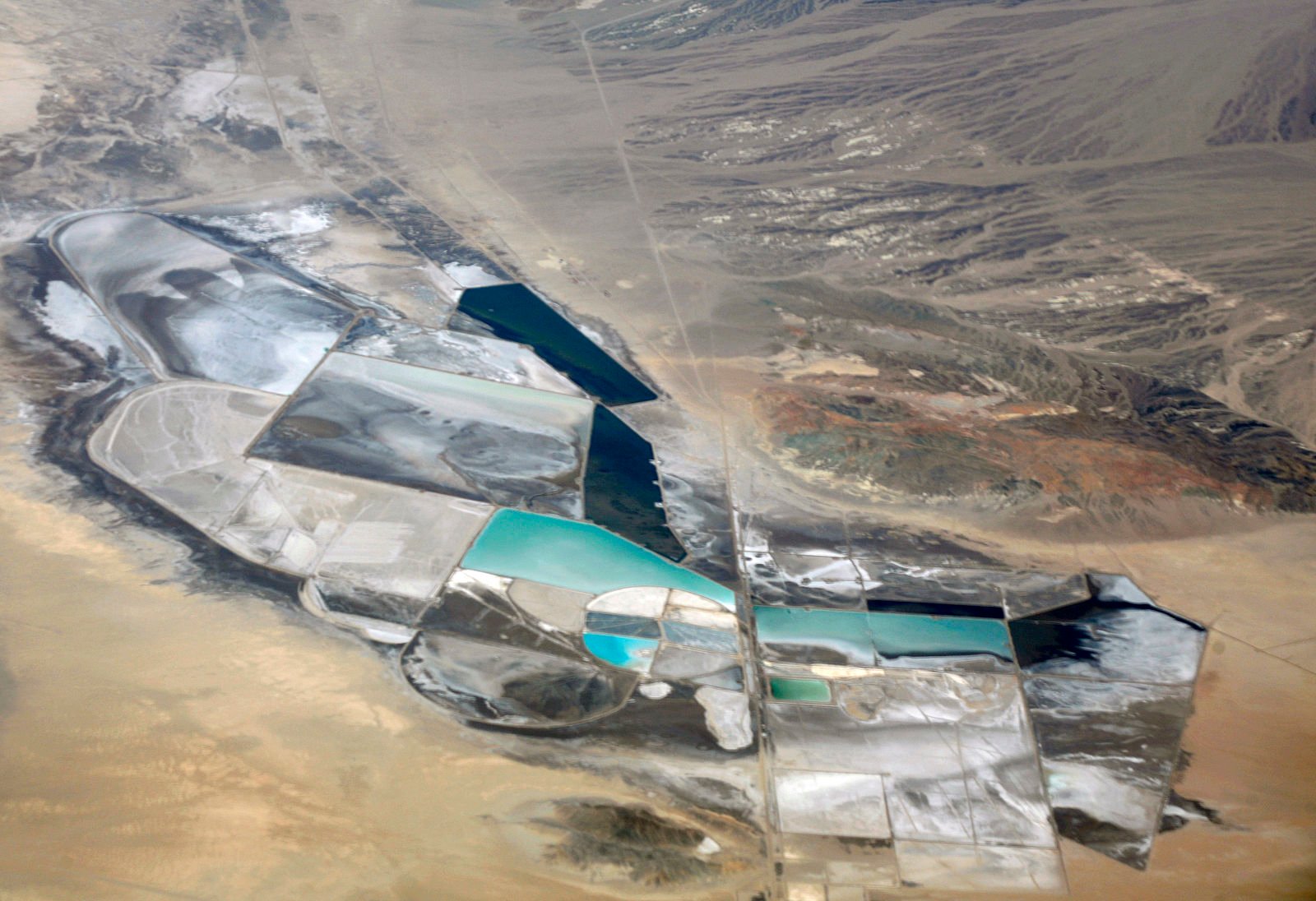All I know are historical prices of gas compared to the price of oil
Based on oil under $100 a barrel, we are paying $1 a gallon of gas too much
All I know are historical prices of gas compared to the price of oil
Cool. What were the historical ratios over the last 10 years? Over the last 20 years?
Based on oil under $100 a barrel, we are paying $1 a gallon of gas too much
Are you sure it's not $1.02 too much? Or $0.98 too much?
I'll have to examine your data before I can agree with your number.



